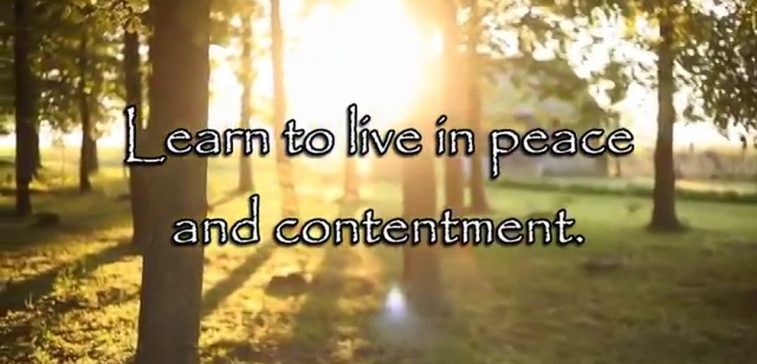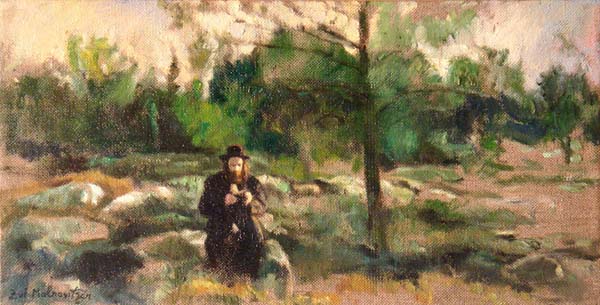BS’D
How many times have you tried to pray yet not a single word comes forth clearly? Our minds wander off in a distance. Rebbe Nachman ztk’l teaches that Hashem created this situation down to the last detail in order that we reach deeper into our inner point of truth.
The barriers of the mind may come in different shapes and forms- confusion, airy-headedness or even despair. Yet, the hindrances can turn into openings when we see that these blockages are put there by Hashem to bring us closer to Him.
If we thought for a moment that we could control our thoughts, Hashem shows us we cannot; our mind is a jungle. We need to pray to Hashem that we can pray to Him (I wrote this sentence correctly).
The most powerful mode of communication is prayer yet it is given to us as a gift. We may have thought that we have the ability to overcome mindless chatter; however, we cannot do so without the help of Hashem.
When we see this truth of how much we need Hashem to assist us in ‘talking to Him’, we will have achieved one of the main purposes why we pray in the first place!

















